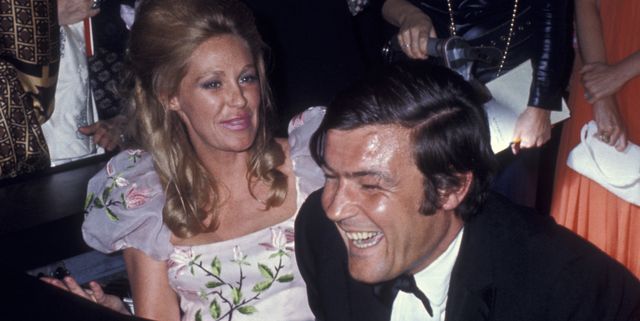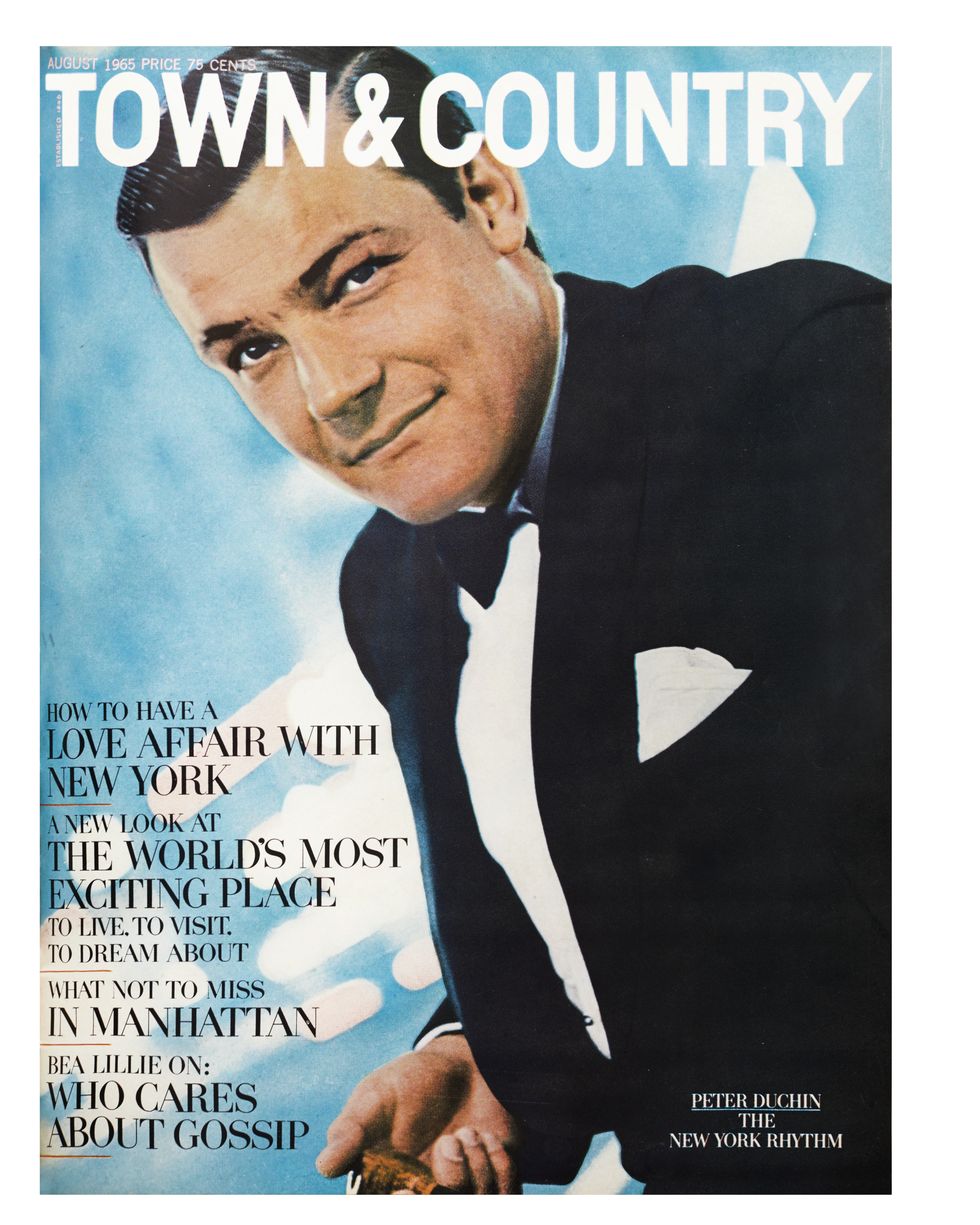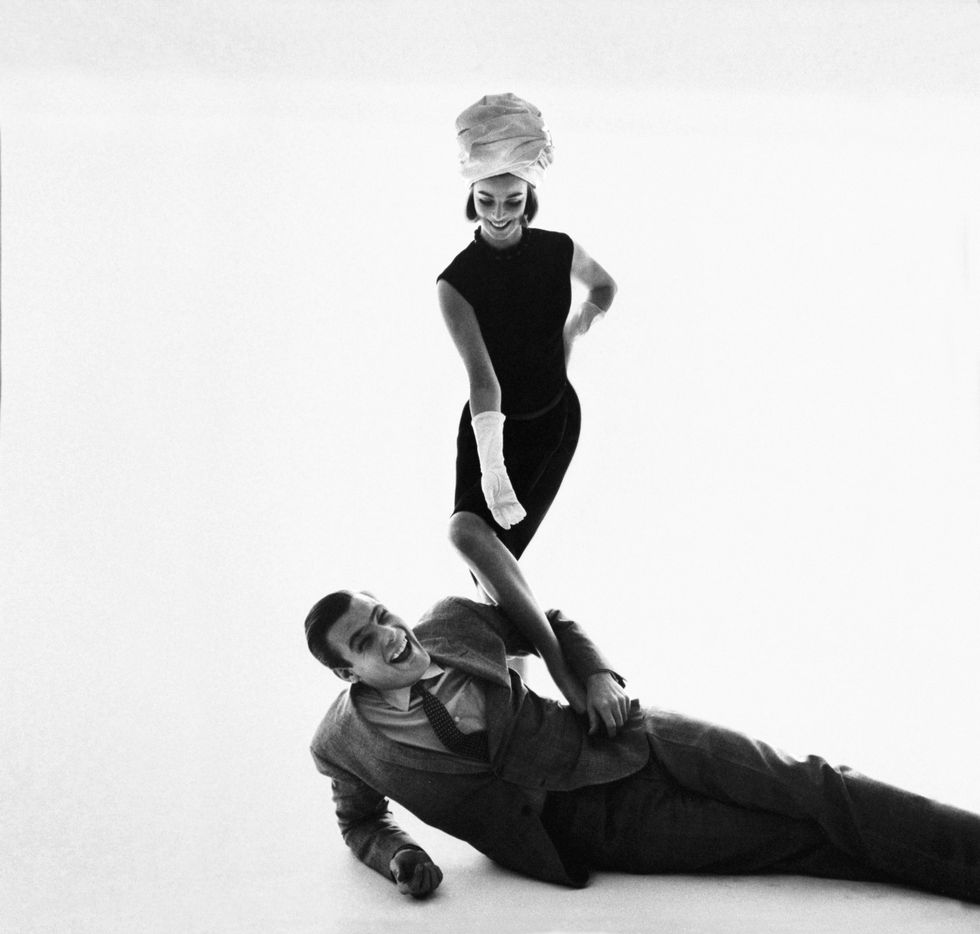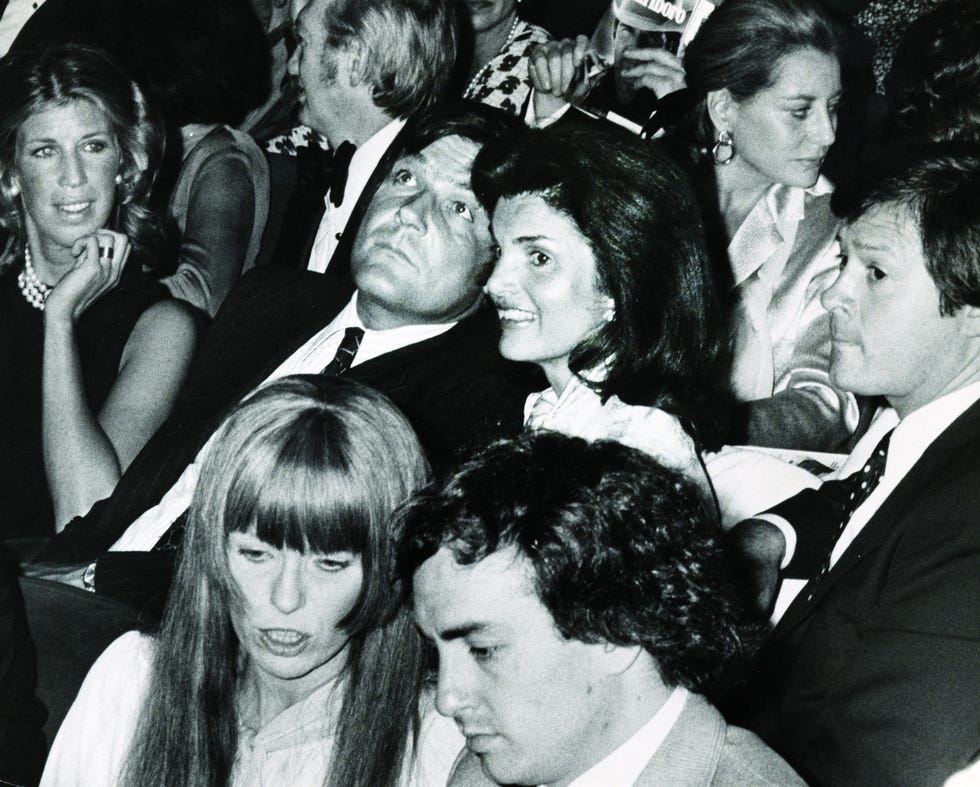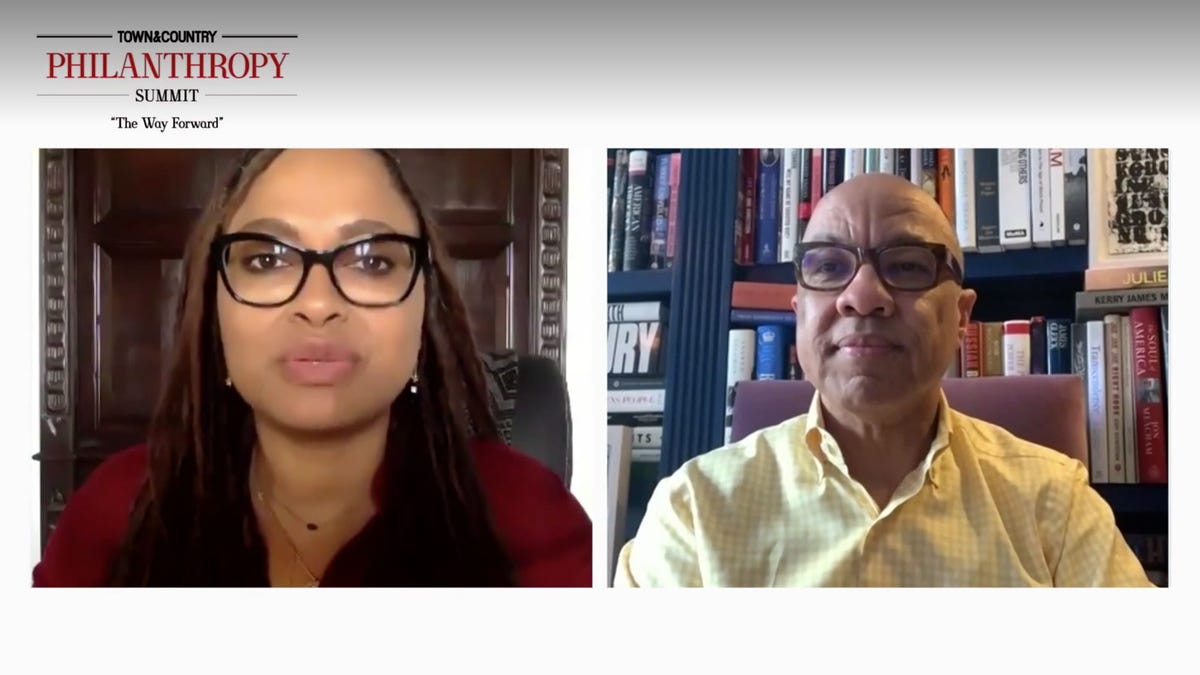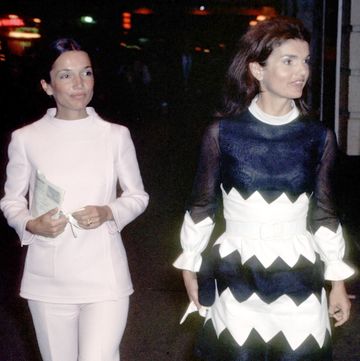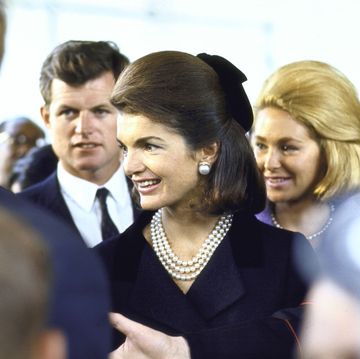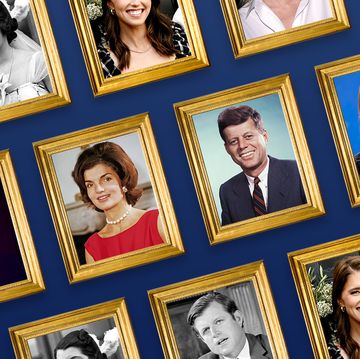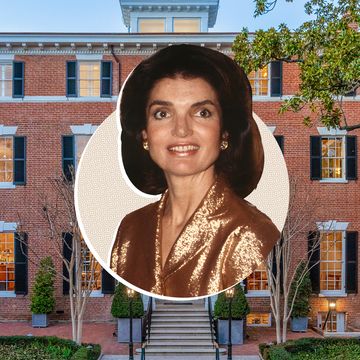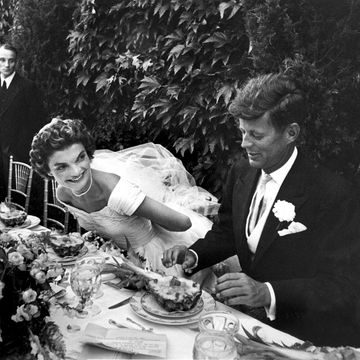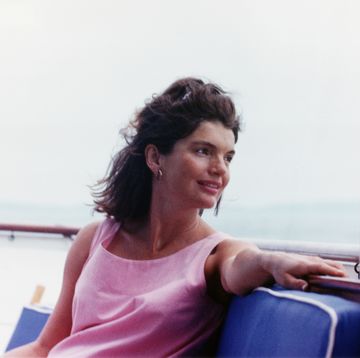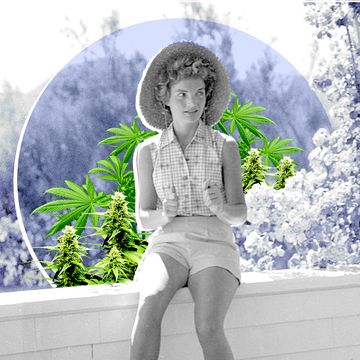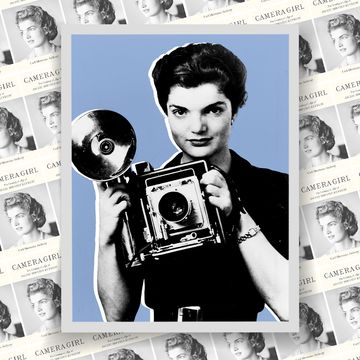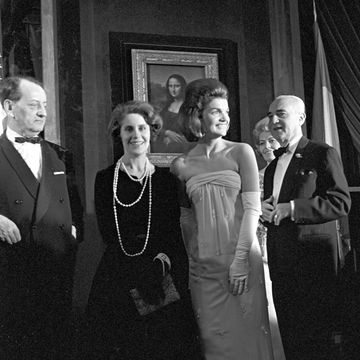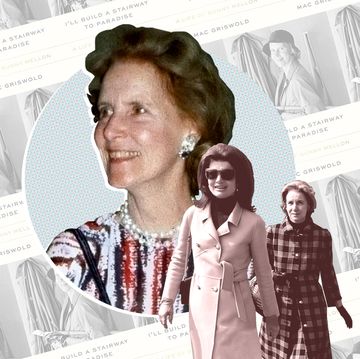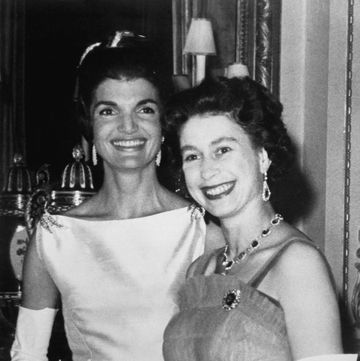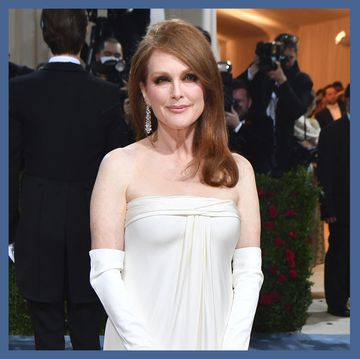Peter Duchin appeared on the cover of Town & Country in August 1965, when he and his band had a regular gig at the Maisonette in New York. He had just played Lyndon Johnson’s inauguration, and his next job would turn out to be his most famous: Truman Capote’s Black and White Ball.
Today Duchin is the last great American bandleader, and he’s still the life of the party. He is generous with his experiences—which have, shall we say, range—and is at work on a second memoir. He received T&C at home in East Hampton recently and spoke about women of the past, attitudes about the future, and coming in hot while backing up Ella Fitzgerald. Pull up a chair.
You had a very tough first act: Your mother died when you were just a few days old. How is it you always seem happy?
I always felt sad about it. One of the things I’m investigating for the book is what my mother might have been like. It’s an odd feeling to know that if I passed her in the street I wouldn’t recognize her.
Kim Novak played your mother in a biopic of your father, who was also a bandleader. Did you have a close relationship with Kim Novak?
We were good friends.
But you’re a connoisseur of beautiful women. Look at your wife Virginia! Did you ever…
We were good friends.
Many musicians are not entirely successful fathers. Are you?
There are only two rules when I get together once a summer with my three kids at a fishing cabin in Montana. One is that I get the master bedroom, and the other is you can smoke and drink anything you want, but you’ve got to tell the truth.
Tell me about the jazz legends you’ve played with.
It was thrilling to me when we backed up Ella Fitzgerald on a couple of dates. I fucked up once and brought the band in at the wrong time, and right into the microphone she said, “Peter, darling, don’t be anxious. Let’s go back and start that right.”
What were your favorite NYC clubs in the golden age of jazz?
I loved Birdland, Hickory House, and the Maisonette at the St. Regis Hotel. The Stork Club I never much liked.
I thought everybody liked the Stork Club. You lived through very different times, before the #MeToo era. Were you aware of JFK’s love life in those days?
Yes. You just said, “Poor guy has a bad back,” and didn’t think much about it. After he was shot, Jackie became a close friend, but that was something I never took up with her.
Tell us something about Jackie we don’t know.
She was really funny—a biting sense of humor, but not putting people down. A week before she died, we had lunch with Carly Simon. She wanted to meet Ken Burns, the documentarian, so he came to lunch, which Carly arranged.
What advice do you have for young musicians today?
Keep the Great American Songbook alive: Cole Porter, Gershwin, Rodgers and Hart. Musicians today should learn that stuff; it’s an American tradition. My advice to anybody is, don’t get depressed. Keep playing your ax, man.
This story appears in the November 2018 issue of Town & Country. SUBSCRIBE NOW
